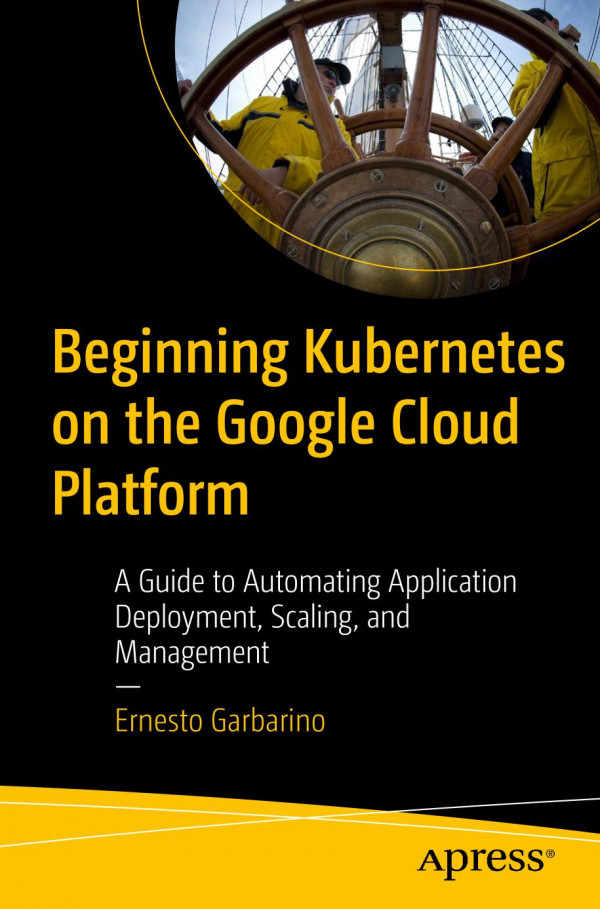

Most ebook files are in PDF format, so you can easily read them using various software such as Foxit Reader or directly on the Google Chrome browser.
Some ebook files are released by publishers in other formats such as .awz, .mobi, .epub, .fb2, etc. You may need to install specific software to read these formats on mobile/PC, such as Calibre.
Please read the tutorial at this link: https://ebookbell.com/faq
We offer FREE conversion to the popular formats you request; however, this may take some time. Therefore, right after payment, please email us, and we will try to provide the service as quickly as possible.
For some exceptional file formats or broken links (if any), please refrain from opening any disputes. Instead, email us first, and we will try to assist within a maximum of 6 hours.
EbookBell Team

4.3
28 reviewsUse this beginner’s guide to understand and work with Kubernetes on the Google Cloud Platform and go from single monolithic Pods (the smallest unit deployed and managed by Kubernetes) all the way up to distributed, fault-tolerant stateful backing stores.
You need only a familiarity with Linux, Bash, and Python to successfully use this book. Proficiency in Docker or cloud technology is not required. You will follow a learn-by-doing approach, running small experiments and observing the effects.
Google open sourced Kubernetes in 2015 and now it is the industry standard in container orchestration. It has been adopted by all leading vendors of cloud, on-prem, and hybrid infrastructure services: Microsoft (Azure AKS), Amazon (AWS EKS), IBM (IBM Cloud Kubernetes Services), Alibaba Cloud (ACK), RedHat (OpenShift), and Pivotal (PKS). Even though Kubernetes is offered by all of the market-leading cloud providers, the Google Cloud Platform (GCP) offers an integrated shell (Google Cloud Shell) and a $300 credit to get started, which makes it the ideal platform to not only learn Kubernetes but also to implement final production workloads.
What You Will Learn
Who This Book Is For
Beginners with basic Linux admin and scripting skills (Bash and Python). Proficiency with Docker is not required as all examples in the book use off-the-shelf public images from Docker Hub.